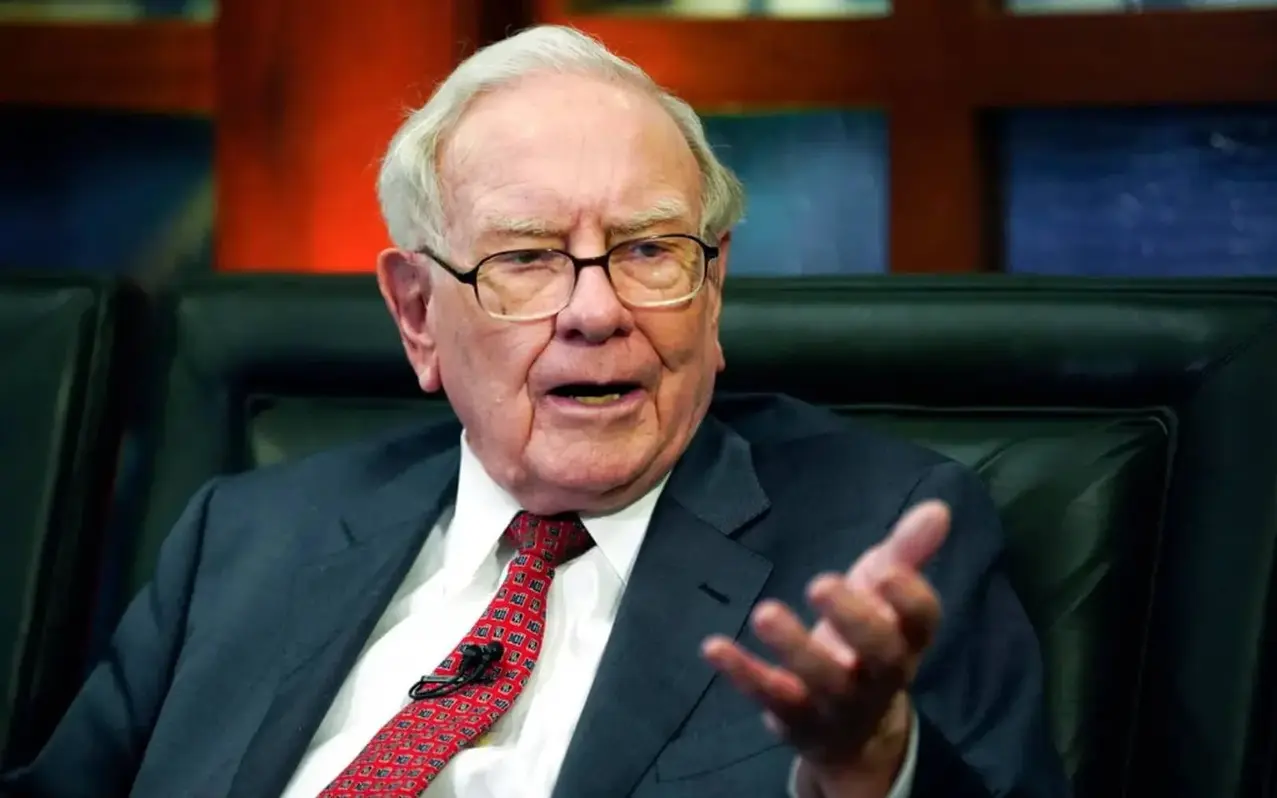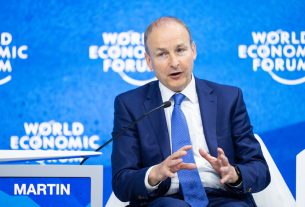Warren Buffett, the centibillionaire CEO of Berkshire Hathaway, has made another significant contribution to charitable causes, donating approximately $1.1 billion worth of Berkshire Hathaway stock. In a letter to Berkshire Hathaway shareholders published Monday, Buffett provided updates on his extensive philanthropic commitments and shared details about his revised estate planning, reinforcing his long-standing goal of giving away the majority of his wealth.
Key Highlights
Buffett’s latest donation will see the transfer of around $1.15 billion in Berkshire stock to his family’s charitable foundations, which include those managed by his three children—Howard, Peter, and Susie Buffett. This move is part of Buffett’s broader mission to gradually divest himself of the majority of his fortune, which is overwhelmingly tied up in Berkshire stock. The donation reflects a commitment to his longstanding pledge made in 2006 to donate the bulk of his wealth to philanthropic causes, most notably the Bill & Melinda Gates Foundation.
Since that promise, Buffett has now given away a total of 56.6% of his Berkshire shares. This equates to a substantial reduction in his stake, which once accounted for over 99% of his net worth. Through this process, Buffett continues to cement his position as one of the largest philanthropists in history, with donations exceeding $60 billion over his lifetime. His support for the Gates Foundation alone exceeds $43 billion, making him one of the most significant benefactors of charitable causes globally.
A Personal Touch: Updates to His Estate Plan
In addition to his donation, Buffett provided insights into his estate planning, revealing a new arrangement for the distribution of his wealth after his death. The 94-year-old investor confirmed his desire not to create a dynasty or perpetuate his wealth indefinitely. Instead, Buffett reaffirmed his wish for his children to “gradually distribute” the shares of Berkshire Hathaway. He noted that his wealth, which represents a large portion of his estate, would be passed on with careful consideration to avoid entrenching future generations in the same wealth-driven pressures that can sometimes create divisions.
Buffett emphasized that his wealth should not extend beyond the lives of his children. As part of this strategy, he has appointed three successor trustees—all distinct from his children—to manage his estate in the event that something happens to any of them. These trustees, each a family member, will be required to make unanimous decisions regarding the distribution of funds.
A Legacy of Pragmatism: Buffett’s Will Advice
In his letter, Buffett also offered estate planning advice, particularly to those with significant wealth, advising parents to discuss their wills with their children while they are still alive. “When your children are mature, have them read your will before you sign it,” he wrote, underscoring the importance of transparency. This advice speaks to Buffett’s pragmatic approach to wealth and succession, which aims to prevent any confusion or resentment after his passing.
Buffett also explained that his estate plan is designed to keep things simple and clear, with the goal of ensuring that his children and family members are not burdened with complex decisions during a time of loss. He believes that a decision-making body composed of multiple trusted individuals is more likely to make sound choices than relying on a singular, deceased decision-maker.
Buffett’s Unlikely Financial Journey
Buffett’s reflections on the extraordinary wealth accumulated in the U.S. over recent decades resonated with many of his followers. He acknowledged the unexpected nature of his financial success, stating, “In no way did I, or anyone else, dream of the fortunes that have become attainable in America during the last few decades.” He went on to describe the financial landscape of his era as “mind-blowing” and compared the scale of wealth in the 21st century to the fortunes of industrial titans like Henry Ford, Andrew Carnegie, J.P. Morgan, and John D. Rockefeller. As he noted, what was once thought of as “billions” has now become the new standard for extraordinary wealth.
Warren Buffett’s Legacy as a Philanthropist
Through this latest charitable gift, Buffett has once again demonstrated his commitment to addressing global challenges. His donations, particularly his longstanding contributions to the Gates Foundation, have had a profound impact on public health, education, and poverty alleviation around the world. With $150 billion currently estimated as his net worth, Buffett remains one of the wealthiest individuals on the planet, but his focus remains firmly on philanthropy. According to Forbes, Buffett’s wealth places him as the sixth-richest person globally, just behind the wealthiest individual, Elon Musk, whose fortune currently exceeds $330 billion.
Buffett’s donation and updated will offer valuable insights into his philosophy on wealth and giving, highlighting the responsibility he feels toward creating a positive impact long after he is gone. His generosity and practical approach to estate planning continue to set a remarkable example for both the world of finance and philanthropy.
Conclusion
Warren Buffett’s latest philanthropic donation and updates to his estate planning reflect the values that have defined his career: pragmatism, simplicity, and an unwavering commitment to giving back. As one of the most influential and admired figures in finance, Buffett’s actions not only inspire wealth managers and investors but also serve as a reminder of the profound impact that well-directed charitable giving can have on the world.
Forbes estimates that Buffett has donated more than $60 billion to various charitable causes, solidifying his place as one of the largest philanthropists in history.
References:
- Forbes (2024). Warren Buffett’s Giving Pledge. Forbes.com.
- Berkshire Hathaway Annual Letter (2024). Shareholder Update. Berkshire Hathaway.
- Gates Foundation Annual Report (2024). Global Health and Development Initiatives. GatesFoundation.org.



